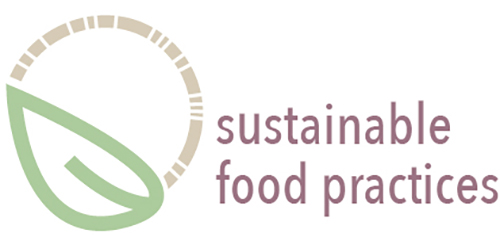
European Sociological Association Mid-term Conference: “Consumption and Consumerism: Conceptual and Empirical Sociological Challenges”
30th August – 1st September 2018
Dr. Rachel Reckinger presented the paper ‘Contested Claims for Social and Environmental Justice. Ambivalences between Mundane and Deliberate Consumption in Alternative Food Networks’ at the European Sociological Association’s Mid-term Conference. The event was organised by the Research Network of Sociology of Consumption European Sociological Association and took place in Copenhagen.
Download link for Abstract here
Abstract
Recently, a number of resourceful community-driven initiatives for local food production and retail have arisen in Luxembourg, where low organic agricultural rates are paired with high consumer demands for organic produce. The main impact that heterodox actors can have seems to be the creation of resourcefulness from innovative niches, not designed to be upscaled but spread by ubiquitous networking. The motivations of actors involved in such social movements, albeit diverse, tend to stem from a stance of care and ethical (self)government, often using community self-organisation-tools.
Based on qualitative interviews and participant observation, we expand on four case studies of fruit and vegetable production as well as unpackaged and socially responsible food retail in Luxembourg. One has been established since the 1980s with over 200 employees, partly in social insertion measures, producing and importing organic fruit and vegetables. Since 2014, three significantly smaller initiatives with higher citizen involvement have emerged.
These recent initiatives are more radical in their agro-ecological and/or permaculture practices, proposing a political enacting of circular economy precepts.
Yet, daily practices stay embedded in social, cultural and economic constraints and in routines, which are built on tacit knowledge, collective learning and engrained practices; even though repetitive, they can account for both reproduction and innovation. By analysing ethical entrepreneurship and the governmentality at its core as well as ambivalences and paradoxes between mundane and deliberate forms of consumption, this paper touches on interrelations between food policies and the politics of contested claims for, and practices of, social and environmental justice.


